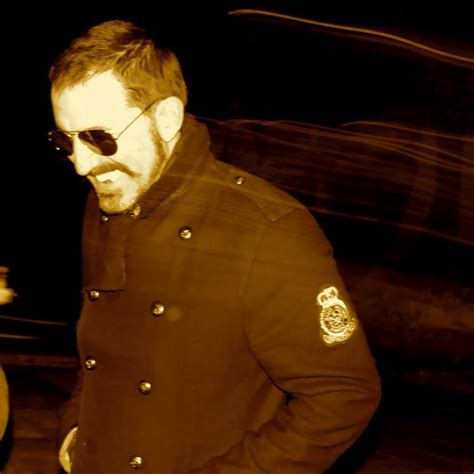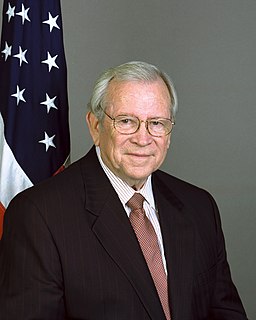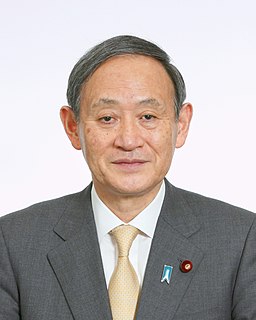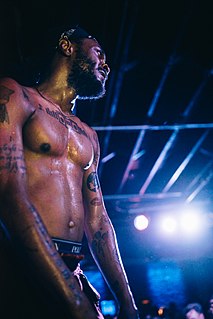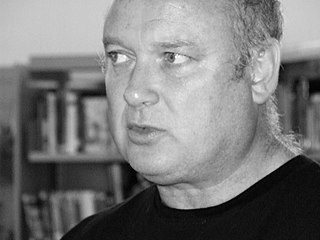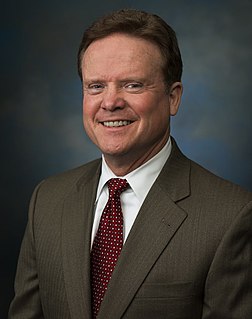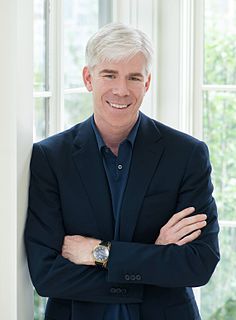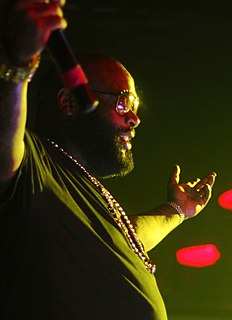A Quote by Johnny Colt
Related Quotes
I was born in Okinawa, but on a U.S. Army base. And my father is Japanese-American which means that he is second generation, but my mom was born in the Philippines and raised in Okinawa. So, how do you know where you are generationally from? I can claim all three legitimately, but I like to say that I am third generation American.
We lived, until I was 12 or so, in communal apartment with five different families and the same kitchen, in two little - my brother and me and my parents. It was hell, but it was a common thing. My father was not general or admiral, but he was colonel. He was teaching in military academy military topography.
